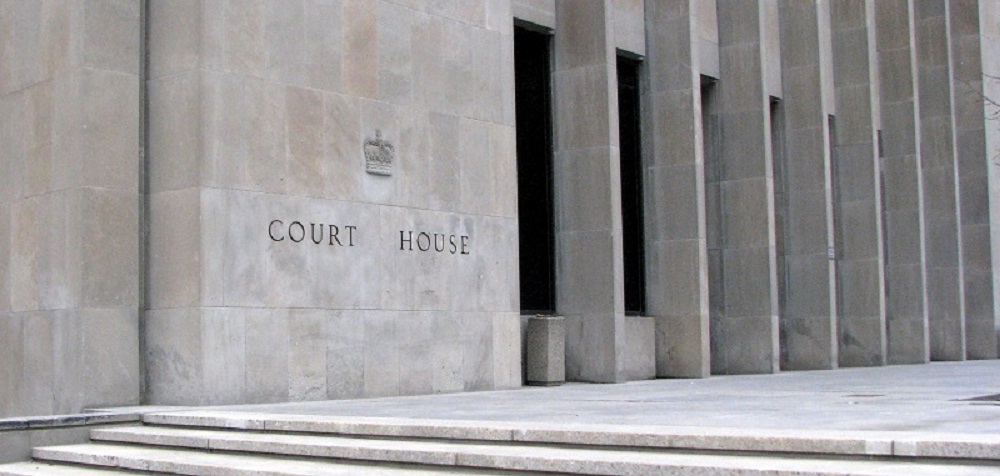
An overview of the Criminal Court process in Ontario
How does the Criminal Court process work in Ontario?
Below is a general overview of the Criminal Court process in Ontario. Please note that the information provided is very basic legal information and is not legal advice. Please contact a criminal lawyer if you require legal assistance.
What are my options if I have been charged with a criminal offence? Release and Bail Hearing:
If you have been arrested and charged, two things may occur. You may be released on a promise to appear in court at a specific date and time. Alternatively, you will remain in custody until your bail hearing. The release may be followed by conditions, such as not contacting certain individuals, abiding by a curfew, etc. You must obey these conditions. If you are not released, then a bail hearing will be conducted in order to determine whether you will be released.
The courts consider various factors when conducting a bail hearing, including whether you are a flight risk and whether you will abide by the conditions which have been imposed. If the court is not satisfied, bail may be denied for various reasons. If you have been denied bail, you will likely remain in custody until the next court date. You may even end up staying in custody until the final trial date months down the road.
The criminal court process is lengthy and can be complicated. It is important to hire a criminal lawyer to assist with your bail hearing and the conditions of your release.
What happens at the first appearance? What is disclosure?
The first appearance takes place at the Ontario Court of Justice. Information about date, time and location of first appearance will be provided to you either by the police or the court that held the bail hearing.
The first appearance in the criminal court process is mainly an administrative one. At this appearance, you will be provided with initial disclosure. You will also schedule your next court appearance. You or your criminal lawyer must attend at the first appearance. The court also discloses all relevant evidence that police and the crown have and will be using in order to proceed with your case. This initial package of documentation is called disclosure. This includes, but is not limited to police officer notes, videotape footage, video statements, etc. The crown will rely on this evidence against you in their prosecution of the case. In most cases, after reviewing initial disclosure, the crown will take an initial position with respect to what punishment they will be seeking on a guilty plea.
What is a Pre-Trial?
Crown pre-trial:
Crown pre-trial meetings are held between the the Crown and defence lawyer or self-represented individual. This step usually takes place after your lawyer has had a chance to review the disclosure, but before a pre-trial is held in front of a Judge.
At this stage, if you have retained a lawyer, you lawyer will likely address issues such as outstanding disclosure, trial length estimates, possible motions, and the likelihood of resolution of the charges. Your lawyer may consider possible alternatives to proceeding to trial, which may include a withdrawal of the charges, a guilty plea, etc. The Crown will likely assess the case and determine whether it is in the public interest to proceed with the prosecution.
Judicial pre-trial:
A Judicial pre-trial involves a discussion of the same type of issues that are addressed at a Crown pre-trial, except in front of a judge.
Pleading guilty or not guilty?
If, through pre-trial discussions, your case cannot be resolved, a trial date would have to be set and you would ultimately enter a plea of not guilty. Alternatively, if a resolution is worked out which you accept, unless the charges are withdrawn, you would enter a guilty plea. By doing so you would give up your right to a trial.
You should always obtain the advice of a criminal lawyer before you make any decisions about whether you should plead guilty or proceed to a trial.
Contact me:
If you require any advice, please contact Sanja Mavrak at (416) 554-4974 who is an experienced Criminal Lawyer to advise you on any of the above matters.


